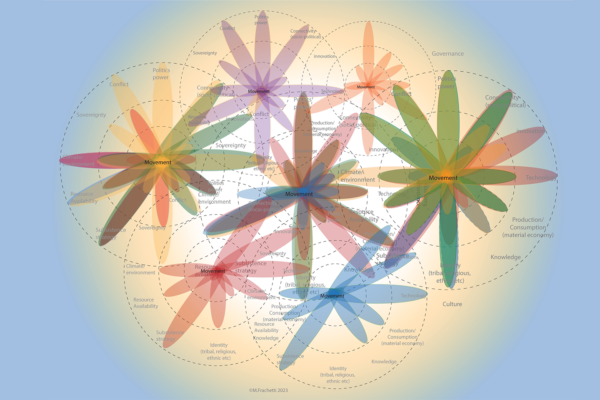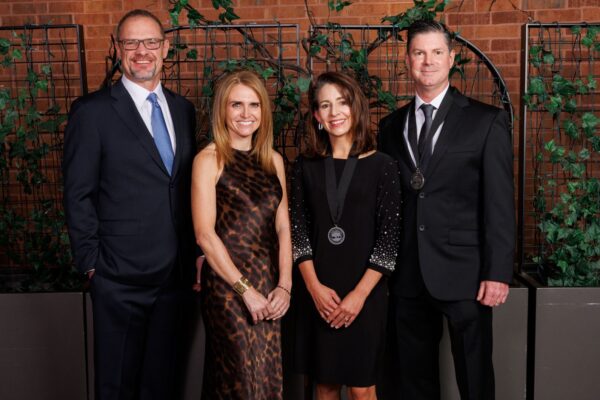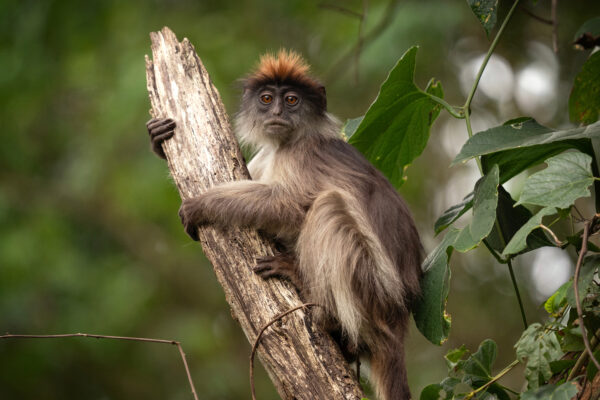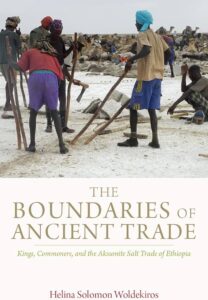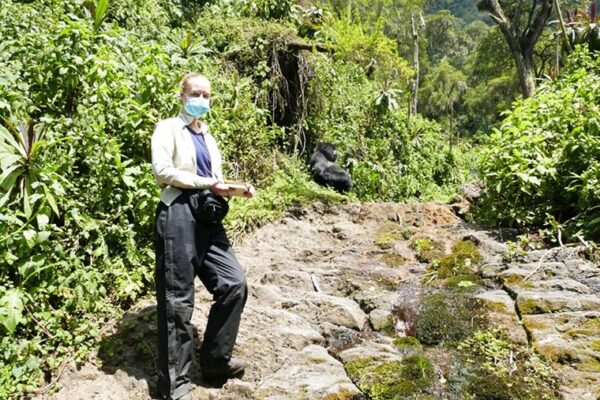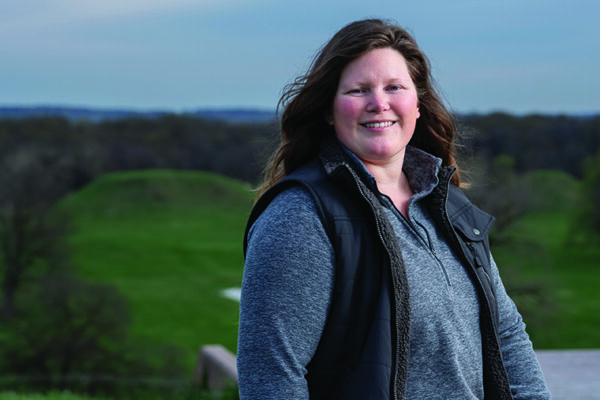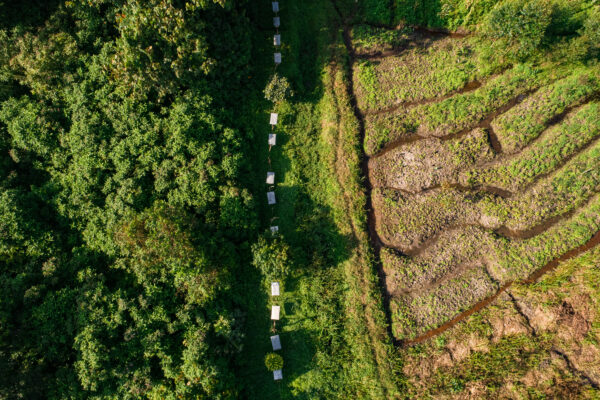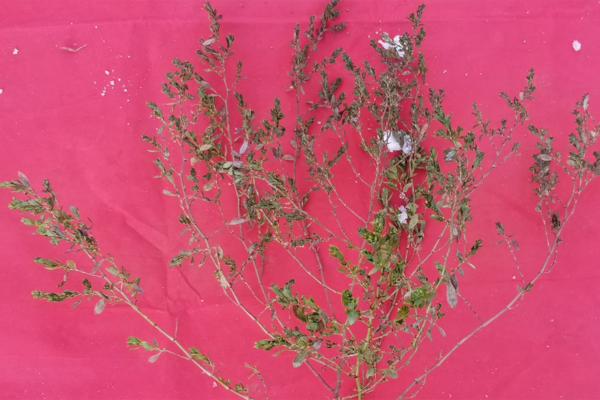New tool to enable exploration of human-environment interactions
In a new Science Advances report, a team of researchers led by Michael Frachetti in Arts & Sciences is calling for a strengthened commitment to transdisciplinary collaboration to study past and present human-environmental interactions, which they say will advance our understanding of the complex, entangled histories.
Sanz awarded Saint Louis Zoo Conservation Award
Anthropologist Crickette Sanz in Arts & Sciences was honored with the Saint Louis Zoo’s 2023 Conservation Award, which recognized her work with David Morgan to help ensure the long-term survival of chimpanzees and gorillas in the Congo Basin.
Some parasites turn hosts into ‘zombies’
While the flesh-eating undead portrayed on television are just fiction, there are clear examples of parasites that have evolved to manipulate their hosts, according to Theresa Gildner in Arts & Sciences.
WashU team to study virus transmission, human-wildlife interaction
Red colobus monkeys are the most threatened group of African monkeys. With a grant from the National Institutes of Health (NIH), a Washington University team will model viral transmission dynamics among red colobus monkeys and their human neighbors near Kibale National Park, Uganda.
The Boundaries of Ancient Trade
Kings, Commoners, and the Aksumite Salt Trade of Ethiopia
Drawing on rich ethnographic data as well as archaeological evidence, “The Boundaries of Ancient Trade,” by archaeologist Helina Woldekiros in Arts & Sciences at Washington University in St. Louis, challenges long-standing conceptions of highly centralized sociopolitical and economic organization and trade along the Afar salt trail: one of the last economically significant caravan-based trade routes in the world.
Wiseman-Jones awarded Leakey Foundation grant
Lauren Wiseman-Jones, a graduate student of biological anthropology in Arts & Sciences, is studying how wild mountain gorillas respond to social and human-caused stressors. She won a Leakey Foundation grant for the work.
From the ground up
As a geoarchaeologist, Caitlin Rankin, MA ’16, PhD ’20, transforms long-standing answers into bold new questions.
Faculty named to American Academy of Arts & Sciences
Four faculty members of Washington University in St. Louis were elected members of the American Academy of Arts & Sciences, the academy announced April 19. They are Jean Allman, Scott J. Hultgren, Tristram R. Kidder and Lilianna Solnica-Krezel.
The elephant in the garden
On the outskirts of Kibale National Park in Uganda, anthropologist Krista Milich supports a community-led effort to keep wild animals at a safe distance from neighboring properties.
Early crop plants were more easily ‘tamed’
Borrowing a page from what we know about animal behavior, Natalie Mueller in Arts & Sciences says that we should reassess our understanding of the process of plant domestication.
Older Stories
